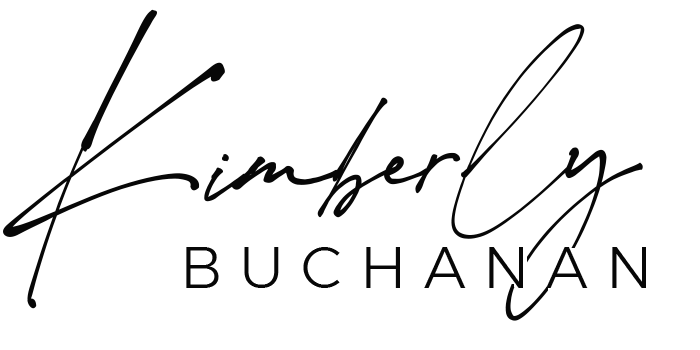5 Steps to Build Your Personal Brand
I’ve built a career on developing project and communication plans to help some of the largest companies in the world build dynamic teams through training and development, and launching multi-billion dollar products that are used every day in the world.
Throughout the years, I’ve been inspired by the energy that comes from working with some really smart people at great companies. Along the way I realized the same systems and processes used within companies could also be applied to small businesses, and even individuals, to build a successful brand. Yes, it was an unconventional way to get to this point, and having a behind the scenes, up-close look inside global brands has helped. But the fact remains — the processes large companies are using to get from where they are to where they want to be are working; the people that use them are seeing big returns — and you can too.
For various reasons, everyone is glued to all types of media, perhaps more now than ever. Now is the best time to build your personal brand. Large corporations are acting fast and you should too. In fact, according to Business Insider, digital advertising alone received a $17.6 billion in investment from US companies in just one quarter.
Here’s My Five-point Checklist to Build Your Personal Brand
The first thing you need to do is start thinking of your personal brand as an extension of who you are. It’s your image. And you get to decide how you want your image and your brand to be perceived by other people. Major companies spend hours, upon hours and sometimes years, cultivating how they want their brands to be perceived by other people. Then, they send their ideas out to market for testing. And if it works – they stick to the script. Your brand should be no different. And that brings me to my second point. Take time to research and think about how you want to be perceived. What are your strengths? What do you want people to walk away from you thinking? It’s not something that can be developed in an hour. It may take some time – and that’s ok. For me, I developed my goals first, using this workbook. I wanted my brand to reflect in a way that allows me to reach my desired goals for my life. I’m also a very real and authentic person. And I never wanted to try to be someone or something that I’m not able to sustain, long-term. In contrast, my attorney is a really nice lady. But she wants to be perceived as a “shark” in the courtroom and that’s ok. Whatever your preference is fine. Just be conscious of it.
Earlier, I mentioned how larger corporations stick to the script. That’s my third point. I’m going to use social media as an example because that’s a great place to start testing your market, especially if you are on a limited budget. For example, if you are a pastry chef and you are trying to build your brand as one of the best in the country, you want to present yourself in that way across all platforms. So, posting great photos of your cakes and pies with great baking tips and recipes is great. But, taking a week off to post gossip about other pastry chefs, is not going to go over well and you’ll probably miss several opportunities to attract high profile, celebrity clients that can display your cakes to millions of people across their platforms. So my fourth point is to project consistency and confidence in who you are. What you talk about and how you talk about it, is how people will perceive you and your brand.
My fifth and final point is to always remember, it’s not just verbal. It’s visual too. Present yourself in public as consistent with your brand. In the corporate world, there are junior employees who desire to be promoted to senior-level positions. Their water cooler talk, and daily presentation of themselves – from the way they dress to the way they make powerpoint presentations during meetings – must be consistent so people will perceive them as leadership capable. Having a sketchy presence will make people hesitate to provide a much needed recommendation during the decision-making process. Why? Because they’re protecting their own brand and they do not want it associated with people who simply can’t make the cut. I personally only recommend brands (or people) I trust can meet the necessary standards.
I’ve found that word of mouth travels fast. When I tell people that I have never received a corporate contract, based on simply going after it myself, they do not believe me. It’s all been REFERRALS, or based on my online presence (brand) and recommendation letters from previous work with global companies. And that’s the honest truth. The streets are talking, folks! And if they’re talking, make sure YOU give them something real and consistent to talk about. Need more direction? Let’s chat. I’d love share more about my journey and give you direction based on your unique circumstances.
If you’ve enjoyed this article, leave a comment and share. Someone in your network may need this information.



![[LISTEN IN] The Best Way to Improve Your Writing Process](https://kimberlybuchanan.com/wp-content/uploads/2022/05/pexels-dani-hart-3719037-scaled.jpg)